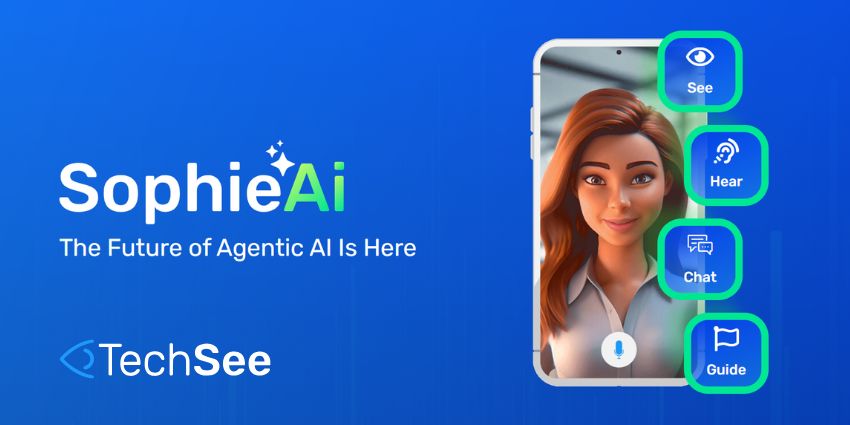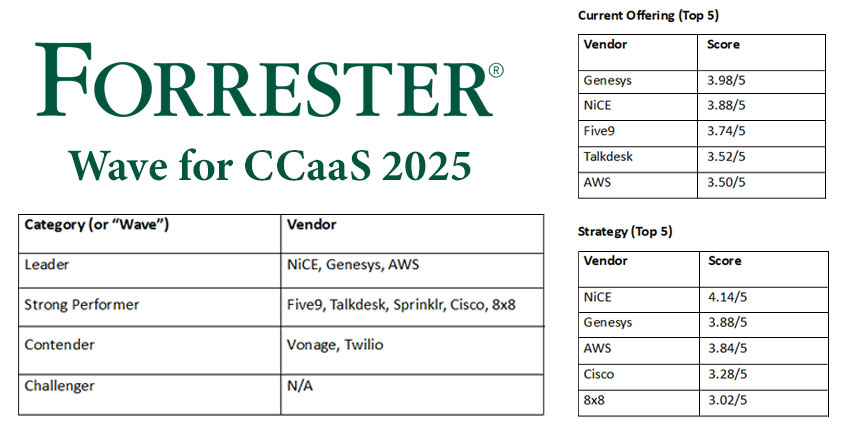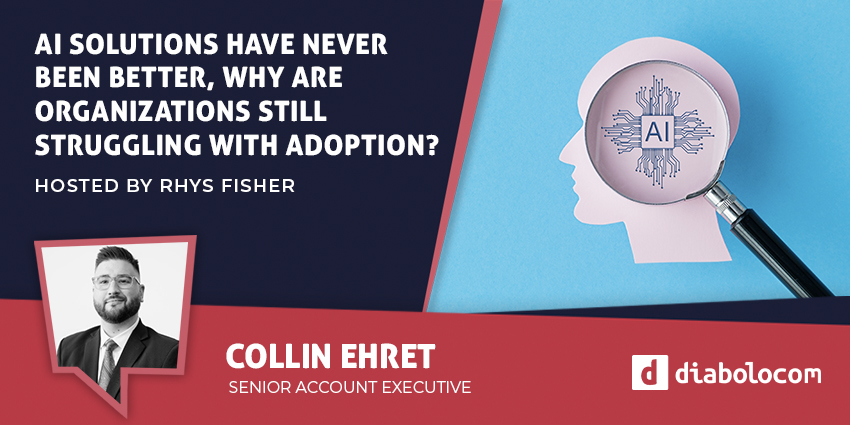For a minute, consider how crucial it is to look at the other person to fully get what they are saying. Even if someone is conveying one thing with their words, you can often get an idea of what they really mean by the expression on their face or the way they behave.
Let’s say you’re at a desk right now, and you hear a voice. What proof do you have about their state of mind right now – beyond their speech and tone of voice?
An agent’s ability to empathize with and understand customers is essential for the success of any call center, and this sensitivity or awareness might require some additional training. Emotional intelligence is vital in such situations.
“The capacity to recognize and manage one’s own feelings and the sentiments of others,” is how we usually define emotional intelligence (EI/EQ).
It’s obvious why this idea might be crucial to an agent’s effectiveness. Knowing how to read or understand a customer’s emotions can help you provide outstanding service, which will satisfy both the customer and the organization you work for.
The Power of High EQ
Academic research published in 2021 shows that call center employees with higher levels of emotional intelligence are more productive and go through far fewer periods of burnout.
EQ was brought to popular notice by Daniel Goleman, but it was defined and outlined by the scholars John Mayer and Peter Salovey in the 1990s. Notably, Goleman said that EI had five parts: self-awareness, self-regulation, empathy, motivation, and social skills.
You have greater control over your responses because of a higher level of emotional intelligence. Smarter decisions or choices happen proactively, leading to favorable outcomes. Even when things are stressful – like when dealing with an irate client – you’re calmer, more controlled, and your responses are measured.
That’s why EQ is vital for contact centers.
How to Raise Your Emotional Intelligence Quotient
To increase one’s EQ and weave emotional intelligence into customer interactions, follow these tips:
A. Becoming more self-aware
In this first aspect, agents can improve their EQ through these steps:
1. Learn to look at yourself objectively and without bias. Explore your own strengths and weaknesses, backed by performance data and manager reviews.
2. Maintain detailed logs of interactions to later analyze how you felt and dealt with those feelings.
3. Acknowledge triggers and know when to take a break and detach yourself from the work.
B. Regulating oneself
When it comes to self-regulation, agents can improve their EQ by:
4. Allow yourself to feel emotions without getting carried away. A physical change, like getting up from one’s seat, can sometimes help “snap out of it.”
5. Maintain a schedule. Sticking to a predictable task flow can improve your emotional intelligence by fostering discipline.
6. Be genuinely interested in a variety of matters, which encourages creativity and learning.
C. Practicing empathy
The empathy aspect of EQ can be improved through these tips:
7. Listen to your customers, and do not just hear what they are saying.
8. Take a little time to think about other perspectives without considering what is right or wrong.
9. Try to welcome the unexpected during conversations, whether it is an interruption, an added dimension to an issue, or something else.
D. Fostering self-motivation
To stay motivated, agents can follow these tips:
10. Break down organizational and team goals into personal targets.
11. Think closely about a goal, be realistic, and clarify the different milestones that will take you near that goal.
12. Practice a positive mindset, even when in difficult or problematic situations, while maintaining a sense of reality. Don’t be afraid to ask for help.
E. Learning social skills
Finally, a high EQ is accompanied by solid social skills:
13. Find a team member or leader with the specific skill you are seeking and learn from their actions.
14. Practice your social skills in low-stakes situations, such as personal gatherings, before interacting with customers.
15. Participate in groups and networks, be it online or offline.
Pay It Forward with Emotional Intelligence Coaching
Emotional intelligence is a skill that one learns and hones across their lifetime. The good news is that it is easy to multiply these skills and spread them across the organization. Agents who have mastered the art of understanding and controlling their own emotions, as well as those of their callers, may then educate less experienced agents. In this way, EQ coaching can become a reiterative process.
High-EQ agents can teach their colleagues how to be more emotionally intelligent by helping them break out of conventional and repetitive ways of thinking and behaving.







